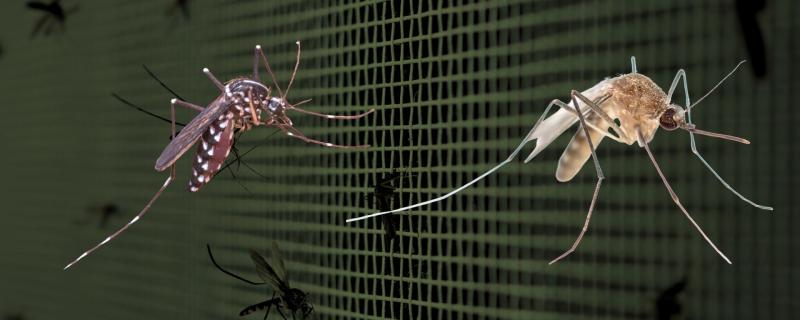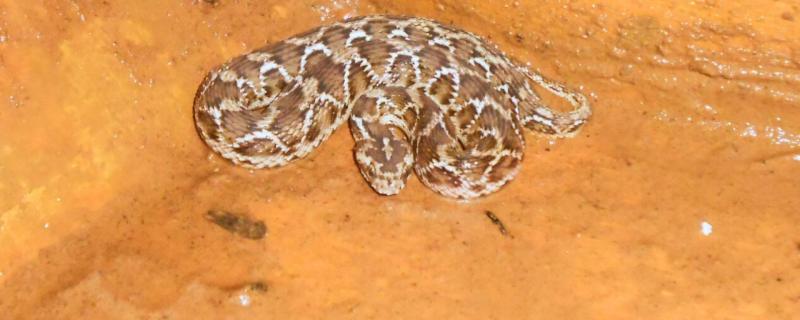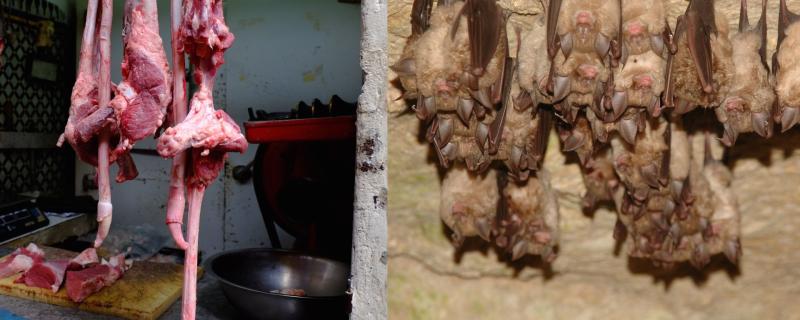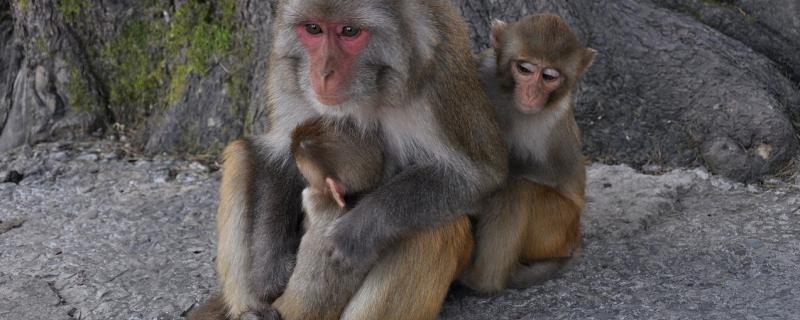Mosquitoes are the deadliest animals on Earth, causing more human deaths than sharks, snakes, and even other humans combined. These tiny, buzzing insects, often dismissed as mere nuisances, are the primary carriers of devastating diseases like malaria, dengue, chikungunya, and Zika, which collectively claim over 700,000 lives globally every year. In India, where the tropical climate, mixed with poor water and waste management, creates the perfect environment for mosquitoes, understanding these miniature menaces is a matter of national importance.
A new review reveals that rising global temperatures, increased pollution, and extreme weather events are driving a global surge in eye diseases, disproportionately affecting vulnerable communities and challenging healthcare systems.
Roorkee/










